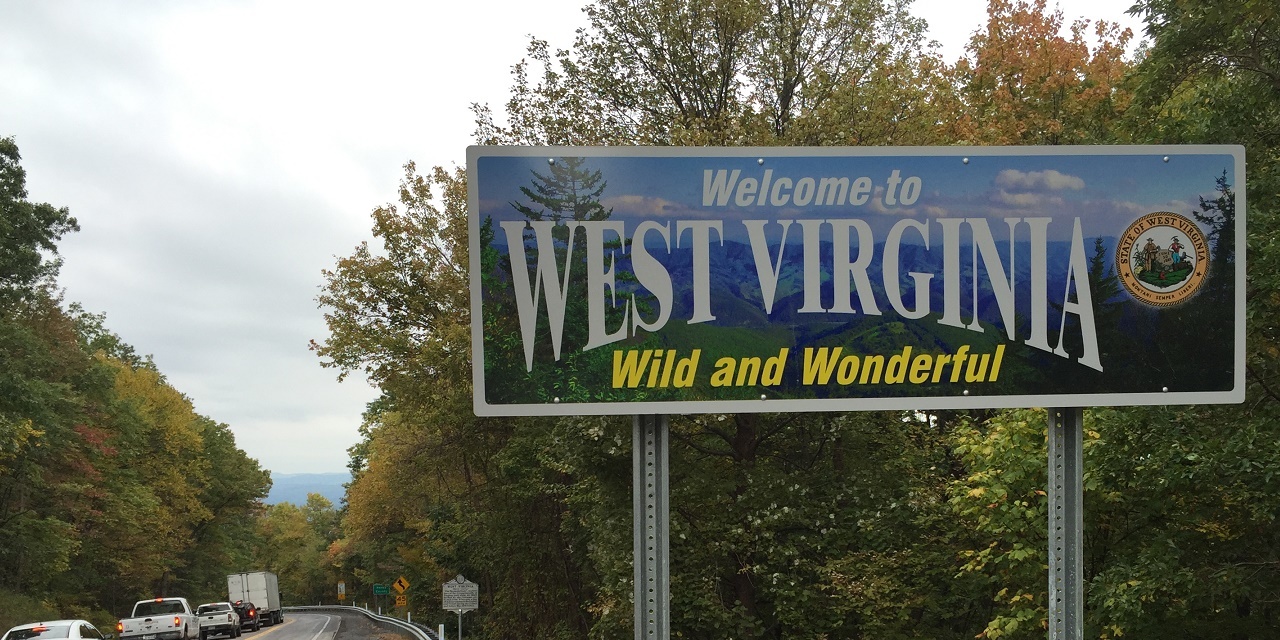West Virginia officials have begun to explore joining the multistate agreement that would allow future online poker sites to share player pools with other states.

West Virginia lottery officials have requested a copy of the Multi-State Internet Gaming Agreement (MSIGA) from the organization with the same name, which is the first of many steps in applying to become a member.
Online poker in America is legal in just seven states: New Jersey, Nevada, Delaware, Pennsylvania, Michigan, West Virginia, and Connecticut.
MSIGA members are New Jersey, Nevada, Delaware, and most recently, Michigan, which joined the agreement last month. Online poker sites that have been approved to operate in these states, and which have been certified by the each of the state’s gambling control or lottery board, can have their players play each other across state lines on one platform.
Senior Policy Counsel of MSIGA, Micheal Morton, confirmed West Virginia has initiated contact. Officials within West Virginia’s Lottery, which oversees gambling there, did not respond to an email as of publication.
Open for business in a bad location
Online poker is legal in West Virginia, but no rooms operate there because the population of the state is so small —- about 1.7 million. Connecticut, with its population of 3.5 million, is in the same situation.
Instead, corporations like Flutter, the parent company of PokerStars and FanDuel, have focused on online sports betting, slots, and virtual casinos in West Virginia since opening shop in 2020.
Without being able to share their player pools with other states, it’s doubtful that the global gambling giants will open up online poker rooms in West Virginia, Connecticut, or any other state without a population in the seven figures.
Right now, only WSOP.com takes advantage of MSIGA, placing its players in Nevada, Delaware, and New Jersey on one platform. It will add Michigan players by the end of the year, although no time frame is available.
The combined network allows WSOP.com to schedule tournaments with bigger guarantees without enduring overlays, which is a regular occurrence in Pennsylvania and Michigan.
Morton said Connecticut officials have not been in contact with MSIGA.
As for Pennsylvania, the matter remains under consideration in Governor Tom Wolfe’s office — and has been since at least March, according to his press secretary. The state’s gambling board cannot act on MSIGA without the governor’s approval. Wolfe is term-limited and a new governor will be in place next year, at which point, the sausage-making will continue.
The potential West Virginia online poker market
All five West Virginia casinos bought online licenses and partnered with worldwide gambling giants as soon as lawmakers gave them permission.
Among those is FanDuel, which is part of PokerStars’ parent company, Flutter Entertainment. DraftKings, which is affiliated with Partypoker, and BetMGM, which operates online poker rooms in Pennsylvania, New Jersey, and Michigan, are also players in West Virginia.
It’s easy to imagine these companies opening poker rooms if West Virginia officials allow them to share player pools with other states as a member of MSIGA, especially if they’ve already been approved to operate in other MSIGA member states. Until then, it’s clear these companies have no motivation to offer online poker as part of their current gambling suites in smaller states without access to a large network of poker players.
So far, 21 states have some form of legal online gambling, so the door is wide open for online poker expansion in the United States. And, the more states that become part of the MSIGA network, the better the chance states with smaller populations like West Virginia will give their residents access to licensed and regulated online poker.


